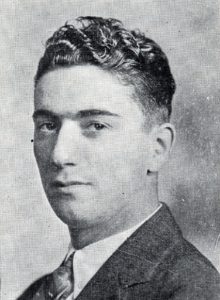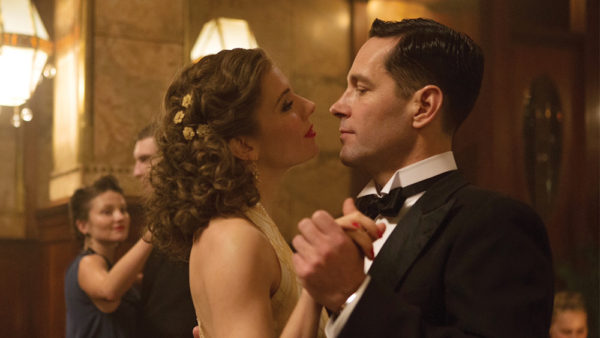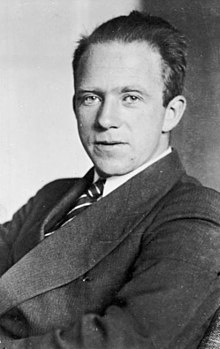Morris (Moe) Berg has acquired a reputation as the most educated and brainiest player in the history of American major league baseball.

Born in New York City in 1902, he studied modern languages at Princeton University and law at Columbia University. Despite his bent for academia, he devoted himself to baseball. For 15 years, he was a catcher on five different teams. In retrospect, he was no more than an average player. During the last two years of World War II, he worked as an undercover agent for the Office of Strategic Services, which would be renamed the Central Intelligence Agency.
Ben Lewin’s serviceable thriller, The Catcher Was A Spy, which is now available on the Netflix streaming service, focuses on one of Berg’s secret missions — the plot to kill the brilliant German scientist Werner Heisenberg.
The winner of the 1932 Nobel Prize in physics, Heisenberg created the field of quantum mechanics and played a role in Germany’s splitting of the atom in 1938, a stunning development that ushered in the nuclear age. A member of the Kaiser Wilhelm Institute in Berlin and a professor at the University of the Berlin, he was a key participant in Nazi Germany’s attempt to build an atomic bomb.
It was a project that the United States — the first member of the exclusive nuclear club — wanted to nip in the bud. Washington had precious little information about it, but was determined to sabotage it.

Berg’s involvement in the planned assassination of Heisenberg is signalled early in the movie when he (Paul Rudd) turns up in Switzerland, a neutral country during the war, to meet a fellow spy. Then, in an abrupt flashback, Berg is seen playing a game for the Boston Red Socks in 1939. By this juncture, he’s in the twilight of his days as a professional athlete.
Lewin leaves a viewer with the faint impression that Berg, a bachelor, may be gay. But in the film, he has a conventional man/woman relationship with his girlfriend, Estella (Sienna Miller).

On the eve of the war, Berg tours Japan with an all-American baseball team. Speaking to a Japanese history professor, he makes a reference to his Jewish background. He tells him that, as a Jew, he always felt different.
In the wake of Japan’s attack on Pearl Harbor, Berg meets an old acquaintance who encourages him to talk to Bill Donovan, the director of the Office of Strategic Services. Donovan (Jeff Daniels) is impressed by Berg’s fluency in seven languages and his photographs of Tokyo’s shipyard, which American aircraft would bomb.

Assigned to a humdrum desk job in Washington, Berg hankers to be on the front lines. At last he’s given a field position, which requires him to travel abroad to ascertain whether Heisenberg and his associates in Germany are making progress toward developing a nuclear device.
Berg’s mission is to contact an Italian scientist in liberated Italy who knows Heisenberg very well. Much to Berg’s disappointment, he has no new information about Germany’s nuclear program. Back in the United States, Donovan instructs Berg to kill Heisenberg (Mark Strong) should he disclose at a forthcoming seminar in Zurich that Germany is edging closer to the bomb.
Rudd is convincing as Berg, who comes across as a distant and enigmatic figure. The rest of the cast is equally good. Ably directed by Lewin, The Catcher Was A Spy draws you into the murky cloak-and-dagger world of espionage.